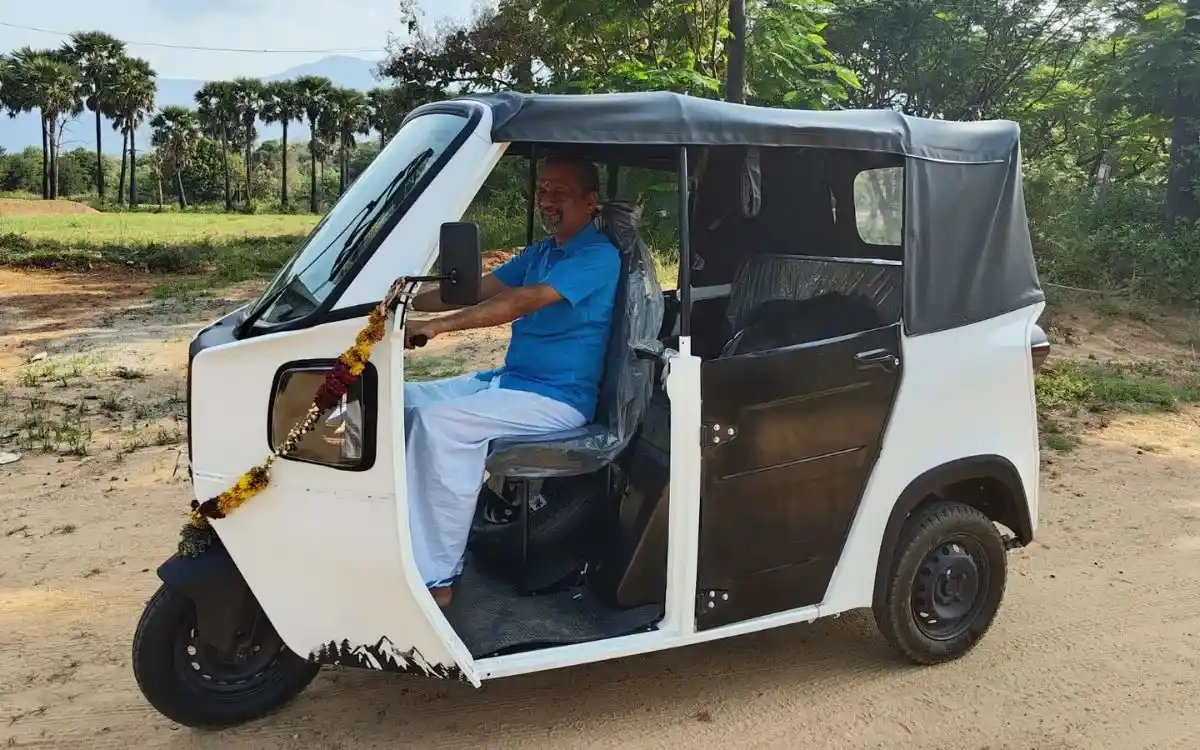“We Can Progress Without Demographic Suicide”: Zoho CEO Rejects 70-Hour Workweek Norms

The debate surrounding work culture in India has taken a fresh turn with Zoho CEO Sridhar Vembu openly questioning the necessity of extreme work hours for economic development. In a recent post on X (formerly Twitter), Vembu responded to the suggestion of a 70-hour workweek, initially proposed by Infosys co-founder Narayana Murthy, by highlighting its social and demographic consequences. Murthy had earlier advocated for longer working hours, suggesting that India’s young workforce should embrace extended workweeks to match the productivity and competitiveness of nations like Japan and China.
Murthy’s remarks, citing the rigorous work ethic that fueled economic growth in East Asia, sparked a nationwide discussion. Vembu, however, offered a counterpoint, emphasizing that development must not come at the cost of societal well-being. Drawing comparisons with countries like Japan, South Korea, Taiwan, and China, Vembu acknowledged their impressive economic achievements but pointed out the steep price they paid. These nations, he observed, are now grappling with alarmingly low birth rates and aging populations, forcing governments to incentivize childbirth. He questioned whether such extreme work practices are essential for economic progress or if the associated social costs—like widespread loneliness in old age—make them unsustainable.
70-hour workweek or ‘demographic suicide’
Vembu argued that economic development doesn’t require every individual to adopt an exhaustive work schedule. According to him, only a small fraction of the population – around 2-5% – needs to push themselves to the limit to drive growth. This group, he believes, is sufficient to propel broad-based development while allowing the majority of people to maintain a healthy work-life balance. “A balanced approach is not only possible but necessary for sustainable progress,” he said.
The Zoho CEO also expressed concerns about the long-term implications of a culture rooted in extreme work. Citing China’s demographic challenges as a cautionary tale, he warned against replicating such models in India, where fertility rates in many regions are already declining. “India’s economic success cannot come at the expense of its demographic stability,” Vembu asserted, underscoring the importance of avoiding what he termed “demographic suicide.”
The rationale behind the 70 hour work week is “it is necessary for economic development”. If you look at East Asia – Japan, South Korea, Taiwan and China have all developed through extreme hard work, often imposing punitive levels of work on their own people.
These very…
— Sridhar Vembu (@svembu) December 27, 2024
Namita Thapar on 70-Hour Work Debate
This debate is not isolated. It reflects broader concerns about the trade-offs between productivity and personal well-being in today’s professional landscape. Recently, Shark Tank India judges Namita Thapar and Anupam Mittal also clashed over the issue of work-life balance. While Mittal dismissed the idea as unrealistic, Thapar strongly defended the need for defined working hours, particularly for employees who lack the financial benefits entrepreneurs enjoy. Thapar highlighted how excessive work demands could harm mental health, family relationships, and society at large, calling for a more humane approach to productivity.
ALSO READ – The Dark Side of 10-Minute Food Delivery
The contrasting views of Vembu, Murthy, and others reveal the growing tension in India’s work culture as it evolves to meet the demands of a globalized economy. Vembu’s vision of development, which prioritizes balance and sustainability, challenges the notion that success must be rooted in relentless labor. As the conversation continues, it raises critical questions about the future of work and the kind of progress society values most.








